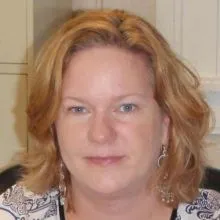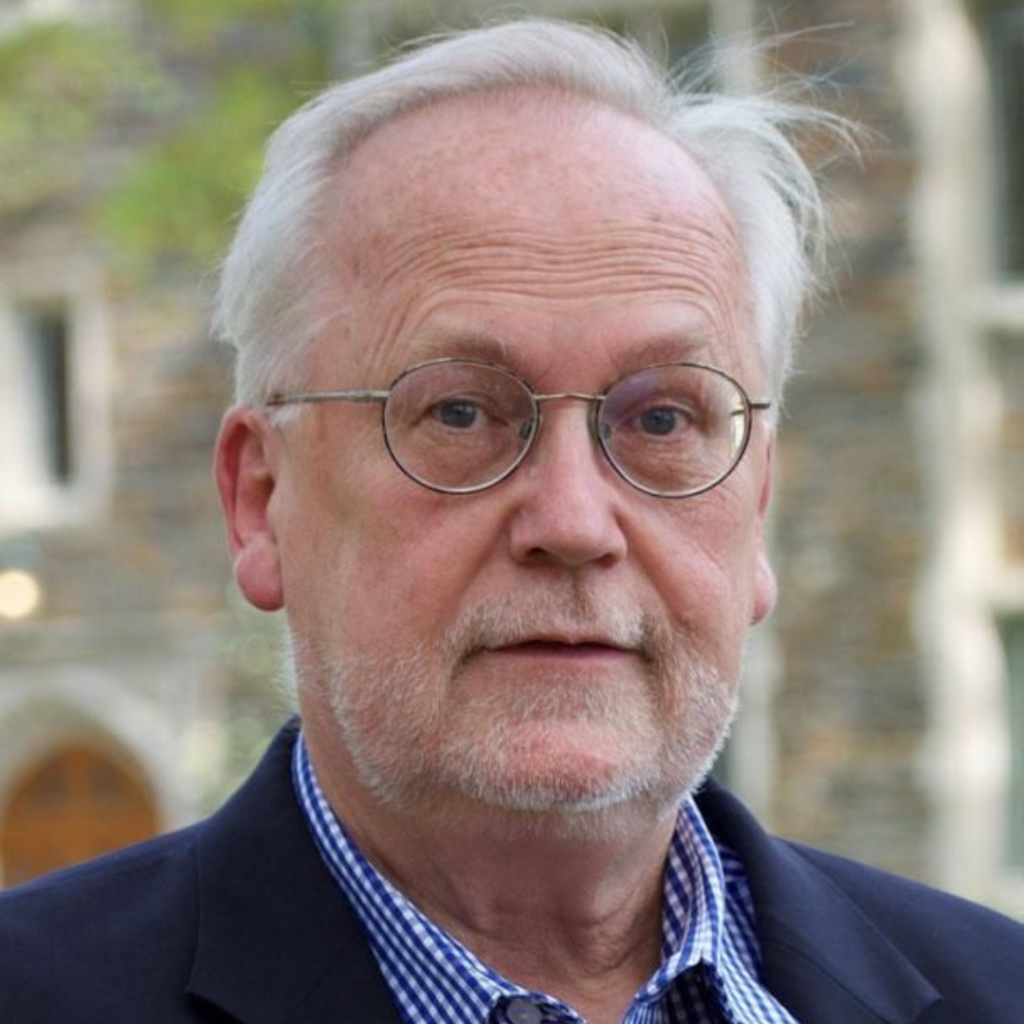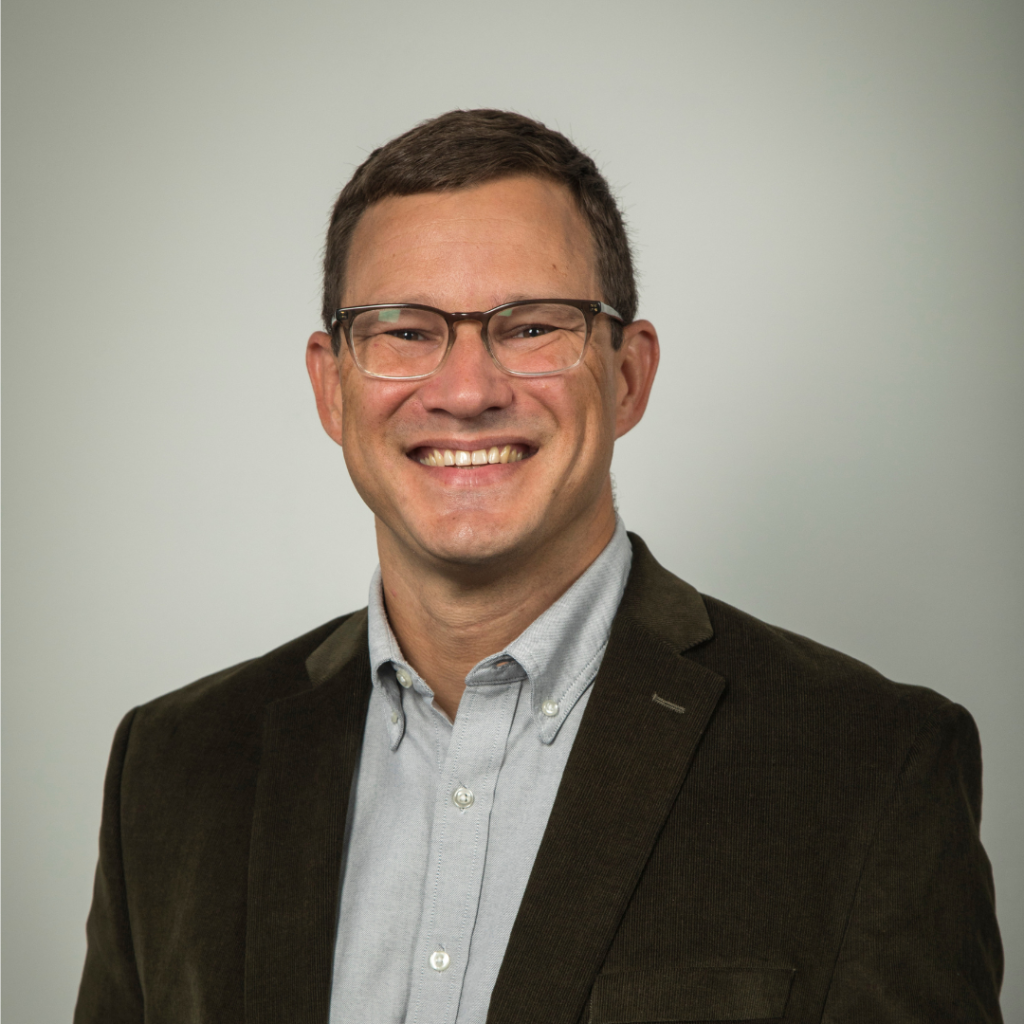Sixty-five years have passed since the momentous ruling in Brown v. Board of Education ended racially segregated school systems, with Justice Earl Warren writing that “separate educational facilities are inherently unequal.”
Now, well into the twenty-first century, how much have things changed in America’s schools?
Education Equity & Policy
While the tenor of education inequities have evolved from outright segregation in public schools to subtler discriminations—higher rates of suspensions for black students and gifted-and-talented programs that predominantly cater to white students—the tune is much the same. And in higher education, the returns on a college degree for African Americans fall well shy of equivalent returns for other racial groups, while simultaneously the rapid growth of for-profit colleges entails a disproportionate enrollment of desperate, indebted African Americans. Taken altogether, the simple question of who does well in school—as well as who gets the chance to do well in school, at each level—continues to be pertinent, and it is a frequent area of inquiry for Cook Center researchers.
Furthermore, the Cook Center also works with Duke undergraduate and graduate students in vertically integrated research teams, with the aim of creating pipeline of scholars from Duke and other institutions to work on issues of social inequality. The application process is open to postdoctoral fellows who are able to spend up to two years as researchers at the Cook Center. Students can also enroll in the Center’s semester-long seminars as part of the Global Inequality Research Initiative (GIRI). The objective of the seminar is to create a setting where students can generate research papers of a high enough quality that they can be published in professional journals.
The Center also hosts Diversity Initiative for Tenure in Economics (DITE), a research mentoring program that facilitates successful transition from junior faculty status to tenured associate professor for economists from underrepresented groups (especially blacks, Latinos and Native Americans).
Working Group on Education Equity & Policy
With a focus on current educational reform efforts around achievement and access to education, the Working Group on Education Equity & Policy brings together scholars, policymakers, practitioners, and community stakeholders to assess reform initiatives and make recommendations. The researchers explore complex educational challenges facing various subgroups ranging from Pre-Kindergarteners to postsecondary students.
Objectives
- Share timely and innovative approaches based on research
- Effectively translate research for practitioners
- Advocate for policies designed to eradicate achievement and access disparities
- Recognize the possibility for excellence and equity to co-exist in our schools
Policy Project:
Conceptualizing a Durham Teaching Fellows Program
The Education Policy Working Group is partnering with with Student U to explore ways to diversify the teaching force—specifically within Durham Public Schools (DPS). Currently, the racial/ethnic demographics of teachers within DPS does not mirror student demographics. For example, while 32.8% of students within DPS are Hispanic/Latinx, only 2 percent of DPS staff identify as such.
The recruitment and retention of outstanding educators has been identified as a priority for DPS within their 2018-2023 Strategic Plan. In order to address this priority, the Working Group is exploring potential models for establishing a sustainable pipeline of teachers of color to help diversify the DPS teaching force. One such model under consideration is a “homegrown” Durham Teaching Fellows program, where graduating DPS students would receive a college tuition scholarship to complete an educator preparation program in exchange for committing to return to DPS to teach for four years as a repayment of their loan.
This project is in the beginning stages with the following activities underway:
- Extensive literature review regarding recruitment and retention of teachers of color (What works)
- Examination of the research pertaining to the benefits (academic and social-emotionally) for students of color in having teachers of color
- Review of DPS’s strategic plan, hiring trends, and goals
- Identification of potential partners and funders (public and private)
- Creation of a plan of action and timeline
Anyone interested in assisting with this project should contact Erica Phillips at erica.phillips@duke.edu.
Research Project:
Teacher Recruitment and Retention Trends across North Carolina and the Impact of COVID-19
In collaboration with the Public School Forum of North Carolina, The Cook Center's Education Equity & Policy Working Group is partnering with the Brady Education Foundation on a research project exploring teacher recruitment and retention trends across North Carolina as a result of the COVID-19 pandemic.
Research has continuously demonstrated that teachers are the most important factor affecting student learning and achievement (e.g., Sanders 1996). However, in North Carolina and across the nation, districts and schools continuously struggle to recruit and retain effective teachers, especially teachers of color. Challenges across the education landscape, from perception of the public to student experience to the state of the educator workforce, became even more pronounced due to the COVID-19 Pandemic. The full scope of the pandemic’s impact on teaching and learning are complex and yet to be fully examined and understood. This research project sought to provide a deeper understanding of recent trends in teacher recruitment and retention in North Carolina, and the extent to which the pandemic contributed to changes in these trends.
Our extensive analysis of statewide data and focus groups conducted with leaders in school districts and educator preparation programs across North Carolina enabled us to identify specific challenges and highlight opportunities to repair, strengthen, and diversify our teacher pipeline. Some actions taken by EPPs and school districts have yielded positive results in a time of crisis, and sharing these promising practices widely will offer inspiration and guidance for other education leaders working to strengthen their own recruitment and retention efforts. We also found that many districts and preparation programs in different settings are encountering similar struggles that could be relieved with specific policy changes that we present in our report.
Ultimately, our final report details a complex and urgent reality that will require substantial changes to policy and practice in order to ensure that every child in North Carolina has access to a highly effective, diverse teacher workforce. No single solution or quick fix can reverse the challenges that our EPPs and schools have faced over the past decade and particularly the past few years, but our findings and recommendations seek to offer a roadmap to rebuild.
Award Amount: $81,998
Anyone interested in assisting with this project should contact Adam Hollowell at adam.hollowell@duke.edu or Keisha Bentley-Edwards at keisha.bentley.edwards@duke.edu.
Grant Project:
University-Assisted Community Schools: Cultivating Educator Voice and Agency for Equity
Lead: Kristen Stephens, Associate Professor of the Practice in the Program in Education
Collaborators: Jan Riggsbee, Professor of the Practice of Education; Alec Greenwald, Associate Director Strategic and Special Initiatives to the Dean of Academic Affairs; Amy Anderson, Assistant Professor of the Practice of Education; Erica Phillips, Educational Equity and Policy Specialist at the Samuel DuBois Cook Center on Social Equity
Community schools are comprehensive neighborhood centers that educate, engage and serve all members of the community through democratic participation, community-driven problem-solving and reciprocal partnership. This project will pilot a University-Assisted Community Schools model with Durham Public Schools, focusing on empowering educators to provide equitable educational experiences for children and youth. Another targeted outcome is the creation of a community school coordinator workforce pipeline that will further ensure Durham Public Schools is equipped with the human capital necessary to sustain and grow the model.
Anyone interested in assisting with this project should contact Kristen Stephens at kstephen@duke.edu.
Grant Project:
Are Gifted Programs Beneficial to Underserved Students?
The Institute for Education Sciences (IES) recently awarded Duke University a research grant to examine the extent to which gifted education policies and programs in North Carolina contribute to beneficial academic and social-emotional outcomes for students. Through an in-depth examination of malleable factors that may moderate student success, researchers hope to discover what types of gifted education policies work, for whom, and under what conditions by asking the following research questions:
- Is gifted program participation associated with beneficial academic and social-emotional student outcomes (what works)?;
- Which students benefit most from participation in gifted programs (for whom)?; and
- Which malleable factors mediate and/or moderate the effects of gifted education participation (and nonparticipation) on student outcomes (under what conditions)?
The research will focus especially on the experiences of underserved (black, Hispanic/Latino, and economically disadvantaged) gifted students.
Award Number: R305A190484
Award Amount: $1,399,452
Award Period: 4 years (07/01/2019 – 06/30/2023)
Investigators: William Darity, Jr., Kristen R. Stephens, and Malik Henfield (Loyola University Chicago)
North Carolina Public School Districts interested in serving as a study site should contact Kristen Stephens, Ph.D. at kstephen@duke.edu or 919-660-3083.
Duke graduate and undergraduate students interested in helping to support this research should contact the Cook Center.
Research Project:
Developing Inequality Studies in Higher Education
The Education Equity & Policy Working Group is developing research and public advocacy to promote Inequality Studies curriculums and programs in higher education. In 2021 the Cook Center, in collaboration with the Department of History, launched Duke’s Inequality Studies Minor, one of only a handful of dedicated Inequality Studies curriculums in the U.S. The Education Equity & Policy Working Group works to advance our understanding of the emerging field of Inequality Studies, develop curriculums and learning modules within the field, and support Inequality Studies programs at other colleges and universities.
The following activities are underway:
- Extensive literature review regarding Inequality Studies curriculums and programs in higher education
- Monitoring and understanding educational outcomes in Inequality Studies courses and programs
- Creation of public scholarship elevating and promoting Inequality Studies
- Identification of potential partners and funders (public and private)
Anyone interested in assisting with this project should contact Adam Hollowell at adam.hollowell@duke.edu.

Erica Phillips
Erica R. Phillips is the Educational Equity and Policy Specialist at the Samuel DuBois Cook Center on Social Equity. She serves on the Educational Policy working group, focusing on K-12 students. Erica is a research associate for a federal grant studying the benefits and inequities of gifted programming. She has an M.A. in Educational Equity, Policy, and Reform from Duke University and B.A. in Elementary Education with a specialization in Spanish Language and Literature from The University of North Carolina in Chapel Hill.
Erica comes to The Cook Center with previous experience as a public school teacher. Working in both Durham Public Schools and Chapel Hill Carrboro City Schools, Erica believes in developing the whole child, balancing culturally-responsive teaching methods with maintaining high academic expectations. Her educational passions align with removing barriers for all people to reach their fullest potential, through community organizing and policy changes.

Kristen R. Stephens
Kristen Stephens is interested in legal and policy issues with regard to gifted education at the federal, state, and local levels. Her research has also focused on how teachers assess creative student products to inform future instruction.

David M. Malone
David Malone’s work focuses on educational psychology, applications of cognitive science to teaching and learning, literacy, student-centered approaches to instruction, experiential and service learning, and learning disabilities.

Adam Hollowell
Adam Hollowell serves as Senior Research Associate at the Samuel DuBois Cook Center on Social Equity and Director of the Inequality Studies Minor at Duke University. He is also the Faculty Director of the Benjamin N. Duke Memorial Scholarship Program and Director of the Global Inequality Research Initiative. An award-winning educator, he teaches ethics and inequality studies across multiple departments at Duke University, including the Kenan Institute for Ethics, the Program in Education, the Department of History, and the Sanford School of Public Policy. He is the co-author, with Jamie McGhee, of You Mean It or You Don’t: James Baldwin’s Radical Challenge (Broadleaf Books, 2022).










